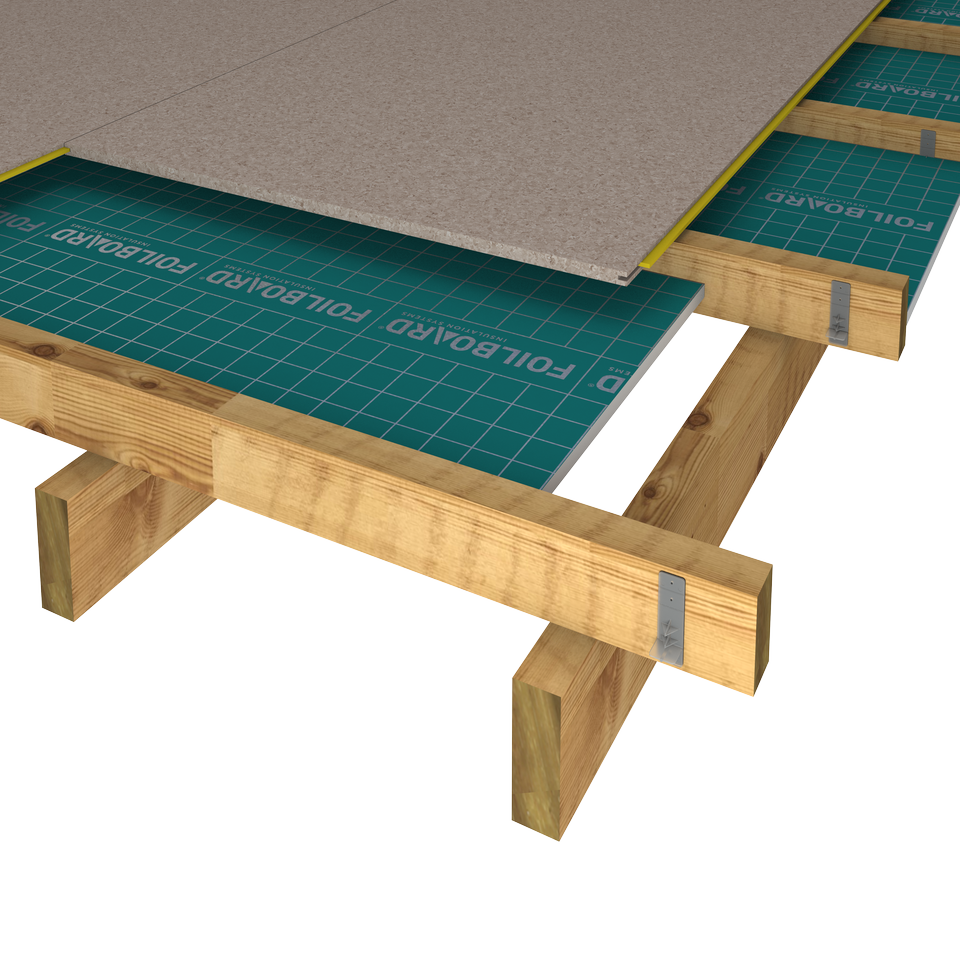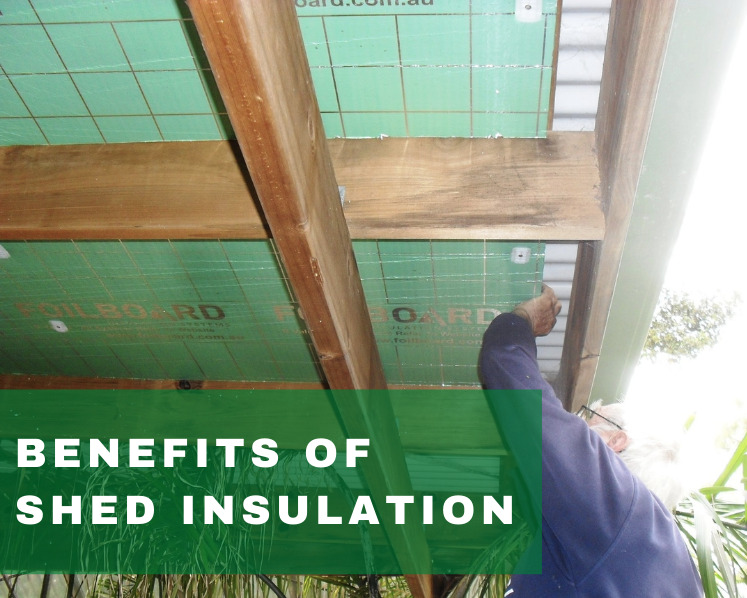
Foil insulation’s contribution toward our comfort must not be underappreciated. As the years pass by, our weather patterns are becoming increasingly unpredictable and volatile. Melbourne has always been known as the city with four seasons in one day, and that statement carries truth to it more now than ever. The climate of our entire planet has been changing, and Melbourne is one of the cities that has been affected the most. In order to rebalance temperatures in your home or office, you can make use of insulation. It is easily one of the most cost-effective and efficient methods to do so, and is available as cavity wall insulation, underfloor insulation and cathedral ceiling insulation. Without further adieu, here are 7 important things you should know about insulation.
-
It is the King of Energy Saving
Out of all the different products you can invest in to increase your energy savings, insulation is by far the most powerful. According to the EPA, insulation saves over 600 times more energy every year than all the energy star windows, energy star appliances, and compact fluorescent lights combined.
-
It Comes in Different Forms
Insulation itself comes in more than one format. In terms of material, insulation is available in several varieties, including foil and fibreglass.
-
You Can Insulate Every Part of Your Home’s Structure
The great thing about most insulations is that they are easily adaptable to all the different areas of your property. This means that you can insulate your floors, walls and ceilings to maximum effect—creating a stronger barrier of protection around any building.
-
It helps you reduce your carbon footprint
We believe that one of the greatest benefits of insulating your home or office is the way it helps you contribute to our planet. Naturally, as you stop using your heating and cooling appliances so frequently as a way to manage your property’s climate, you will limit how much of the earth’s resources you are using.
-
It Slows Heat Transfer And Not The Airflow
Insulation works in a fascinating way. It doesn’t simply block the airflow from entering and escaping a building, it actually utilises the laws of conduction and prevents heat transferring into it. Foil insulation also acts by reflecting heat back out as it attempts to enter a home or office.
-
R-value Reflects The Insulation’s Efficiency
In essence, the R-value rating of an insulation tells you just how efficient the material is at slowing down heat transfer.
-
You Don’t Necessarily Need The Highest R-Value
Whilst R-values are important, it is worth noting that different types of insulation with different properties will change the way the insulation works. Depending on your unique property, a different insulation type with a lower R-value rating may be better suited than one with a higher rating. It is always worth assessing your home before deciding which insulation to purchase.
The best thing about insulation is that it will always bring you great returns for your investment. No matter which insulation you fit your home with, there will be some benefit. For more information, contact the team at Foilboard on 1800 354 717.
Have you had your home fitted with insulation? If so, is there anything you’d like to add? Let us know in the comments below.






